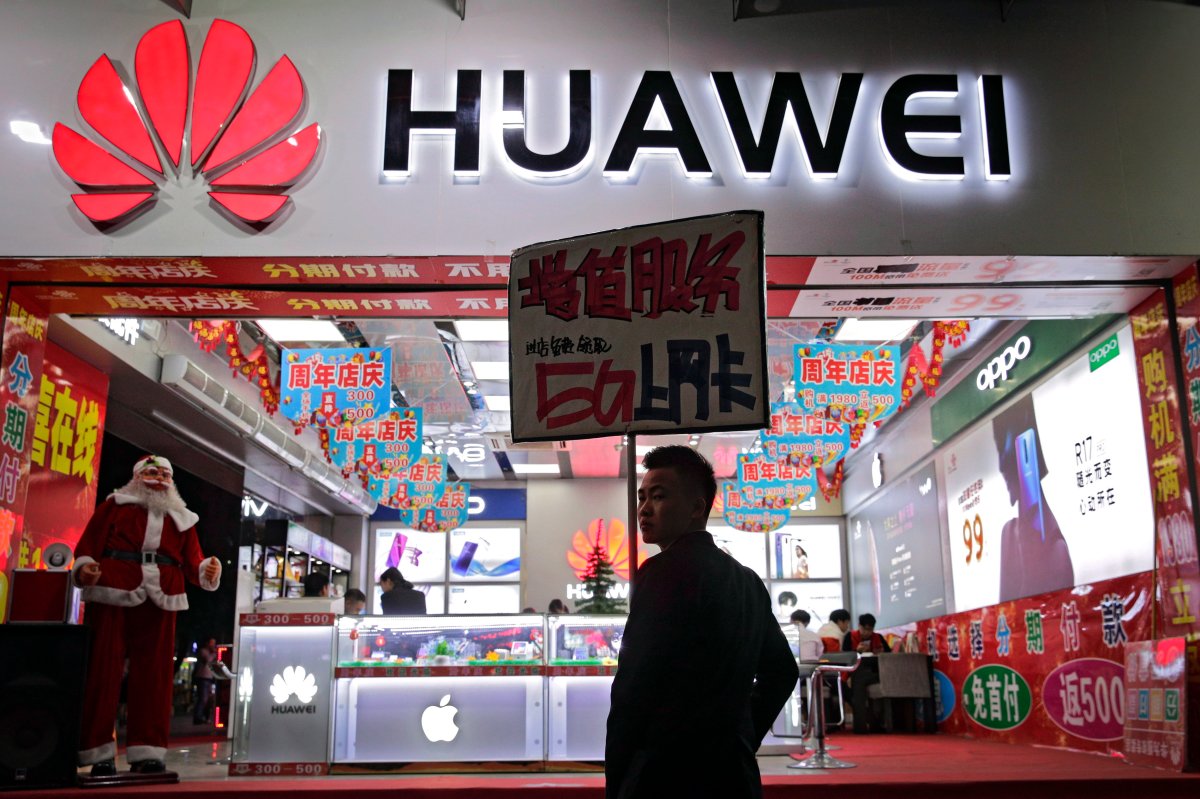As we enter 2019, the Trudeau government clearly envisioned relations with China being on a much stronger footing than they are at the moment. They certainly did not foresee things deteriorating as much as they have, and the relationship may have to get worse before it gets better.

The recent drama between Canada and China has helped illustrate just how strategically important the telecom giant Huawei is from China’s perspective. Canada has some difficult decisions to make regarding Huawei that extend well beyond the current situation involving the arrest of the company’s CFO and her pending extradition to the United States.
China may not be Canada’s foe, necessarily, but their response to the arrest and the retaliatory detention of Canadian citizens has demonstrated that they really aren’t our friend, either. We can and should have a relationship with China, but that involves understanding that China is solely motivated by its own interests. That relationship needs a reset.
Canada obviously needs to look after its own interests, which includes cybersecurity and maintaining key alliances. Looking after those interests will entail an even harder line when it comes to Huawei, and by extension, China.
Our soft approach to Huawei has clearly been a source of frustration to our Five Eyes intelligence allies (U.S., U.K., Australia and New Zealand) and it’s likely no coincidence that they were somewhat slow in coming to our defence in the recent standoff with China.
- ‘Shock and disbelief’ after Manitoba school trustee’s Indigenous comments
- Canadian man dies during Texas Ironman event. His widow wants answers as to why
- Several baby products have been recalled by Health Canada. Here’s the list
- ‘Sciatica was gone’: hospital performs robot-assisted spinal surgery in Canadian first
It’s one thing to allow Canadians the option to purchase Huawei smartphones, but building a 5G network is another matter entirely. As much as it might further antagonize China, Canada needs to exclude Huawei from playing a key role in such important telecom infrastructure.
Huawei is already barred from the U.S., and both Republicans and Democrats have raised concerns about the possibility of the company playing a key role in Canada’s network upgrades given how closely the two countries’ networks are integrated. The U.K., Australia, and New Zealand are all moving to keep Huawei out of 5G network development.
A recent report from the MacDonald-Laurier Institute spells out some of the real and pressing security concerns that come into play as it pertains to Huawei. We’re not just blindly following our allies here — we share these same concerns.
Canada’s intelligence community is clearly concerned. Just recently, CSIS warned some of Canada’s top universities to be cautious about entering into research relationships with Huawei and the agency’s director has spoken openly about the danger of state-sponsored espionage through 5G and other technology.
Richard Fadden, a former director of CSIS and a former national security advisor to the prime minister, wrote recently about the importance of excluding Huawei from 5G infrastructure, arguing that giving them access is tantamount to “giving our cyber-adversaries the means to learn how to defeat our defences. And once they have done so, it is too late.”
Of course, that means recognizing that China is a potential cyber-adversary, something the Trudeau government seems loathe to do. However uncomfortable they might feel about a re-evaluation of our relationship with China, it’s unavoidable at this point.
China’s heavy-handed response to the legitimate and justified arrest of Huawei’s CFO shows that our approach to China has not generated any sort of reciprocal goodwill or benefit of the doubt. We should stop fooling ourselves.
We have allies and partners that we need to work with on important matters, including cybersecurity. We have a growing roster of trading partners — including key Asian countries — thanks to the Trans-Pacific Partnership. It’s now abundantly clear that this is where our focus needs to lie.
We need to stand our ground and demand the immediate release of the two Canadians being detained in China. We then need to find the backbone to make it clear to China that Huawei will not be a part of Canada’s 5G network.
It doesn’t have to mean the end of our relationship with China. But it does need to mean an end to business as usual.




Comments